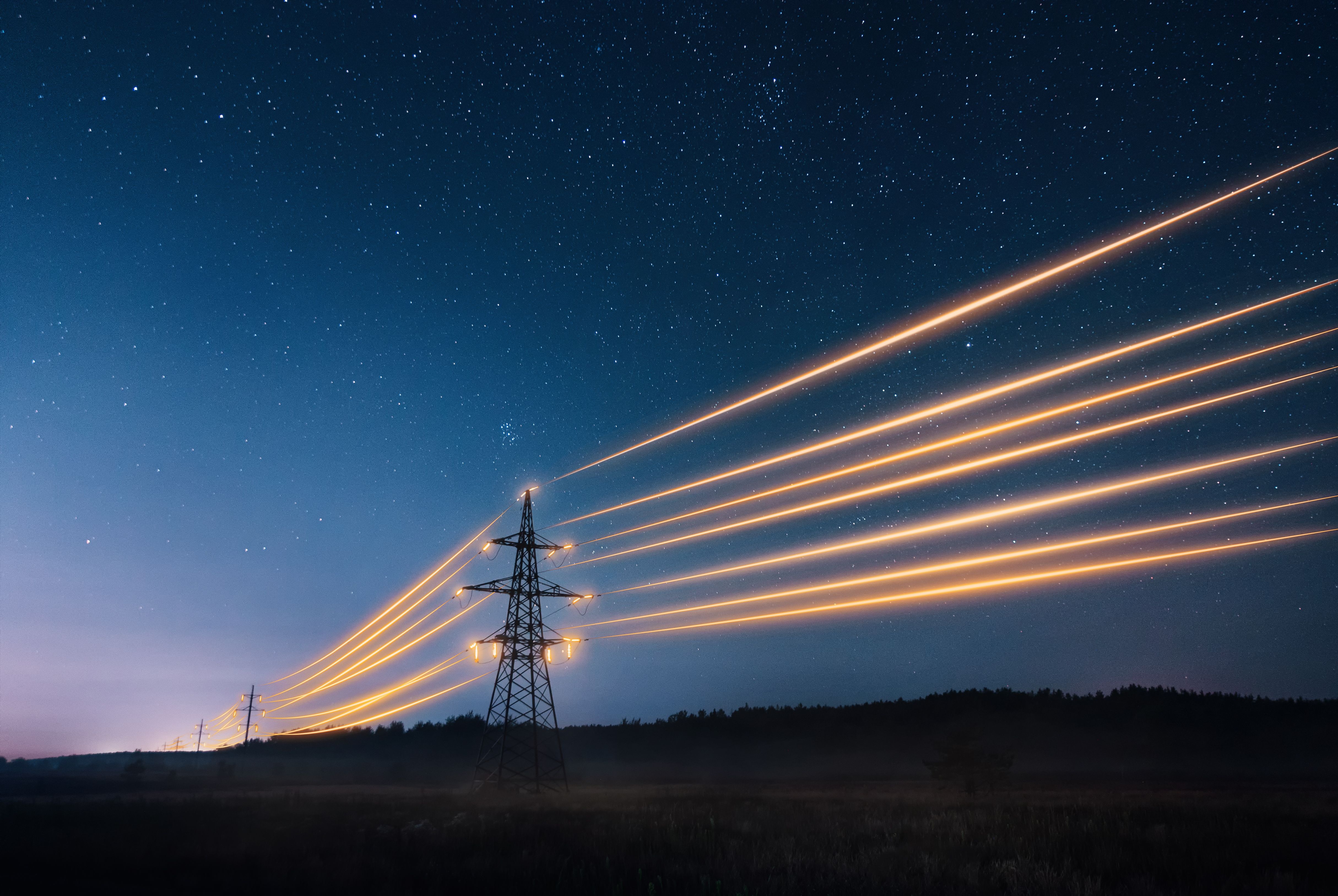How Unpredictable Policies Threaten Global Energy Transition to Net Zero

The prevailing narrative in energy transition often points to a failing market as the primary culprit behind the stagnation or regression in renewable energy investments. But on closer examination, a more complex picture comes to light – erratic and inconsistent energy policies that hinder progress toward ambitious net-zero goals.
One of the clearest signals of this crisis are the low Final Investment Decision (FID) rates for fixed offshore wind projects. Renewables projects, once seen as hopeful beacons for a sustainable energy future, are now plagued by negative margins due to high capital costs and increasing market pressures. Meanwhile, governments that once provided subsidies for early investments are phasing them out, prompting companies to pull back on major commitments. Uncertainty is the name of the game.
The consequences are clear, especially as large corporations begin retreating from net-zero commitments. With slim margins for mature renewables, firms struggle to align financial goals with environmental priorities, creating a disconnect between policy intentions and market realities. This gap complicates the advancement of renewable initiatives in a landscape where volatile policies hinder long-term planning.
As the renewable energy landscape shifts, Asia's supply chain has become a dominant force, raising concerns about resilience and equity in global energy supplies. Reliance on a single region’s manufacturing poses risks to energy resilience, especially amid ongoing geopolitical tensions. Meanwhile, other energy technologies face low FID rates due to weak demand and lack of off-takers, stalling growth. Innovation funding stagnates at Technology Readiness Level (TRL) 7, where technologies are developed but struggle to reach commercialisation. The supply chain also faces funding challenges, largely due to its historical ties to the increasingly scrutinised oil and gas industries.
Additionally, companies are becoming risk-averse, restricting themselves to established territories rather than exploring new export markets. This insular approach not only stifles innovation but also exacerbates existing inequalities in access to clean energy technologies across different regions. Without standardised Environmental, Social, and Governance practices, companies are forced to navigate a murky regulatory landscape that lacks clarity, cohesion, and guidance.
The challenges facing energy transition are further compounded by socio-economic injustices, notably in the Global South. Many nations in this region are still barred from harvesting their hydrocarbon resources, limiting their ability to innovate, invest, and grow economically. These restrictions create an uneven playing field, further entrenching economic divides. Meanwhile, public apathy toward net-zero initiatives is increasingly apparent. High costs, combined with an acute lack of affordability, deepen scepticism around the feasibility of ambitious climate goals and the sincerity of high-income countries’ commitments.
As populist movements and far-right politics gain traction globally, a polarised political landscape emerges, which increasingly hinders the collaborative efforts essential for a successful energy transition. Political cycles, with their short-term focus, often override the critical long-term investment decisions required in energy infrastructure, particularly for large-scale projects with high costs and lengthy development times. This fragmentation fuels inconsistencies in policy direction, making it difficult for industries to commit to sustainable, long-term strategies.
The global urgency for action that emerged during the COVID-19 pandemic has morphed into a competitive and combative atmosphere. This shift has hampered diplomacy and disrupted collaborative frameworks that are crucial for addressing the interconnected challenges of energy transition and sustainability. With a growing global population and rising energy demand driven by advancements in technologies such as Artificial Intelligence, a continuation of hydrocarbon dependency seems likely. This demand for energy may outstrip efforts directed toward energy efficiency and net-zero investments, leaving many global leaders questioning the feasibility of achieving net-zero targets within existing timelines.

But What Can We Do?
The energy sector excels at innovation, consistently leveraging new technologies, digital skills, and robotics to improve efficiencies. Yet, all too often, industry leaders are excluded from global discussions around the actions necessary to advance renewable energy markets and accelerate the transition.
Yes, market forces are at play, and if the market is absent, the supply chain will also falter. But surely, listening to this sector becomes even more critical as we aim to globalise the energy policy landscape. By neglecting the voices of supply chain experts, we risk losing invaluable insight and expertise that could drive the industry forward.
The majority of the supply chain is made up of SMEs (small and medium sized enterprises) that are the real innovators able to unlock net zero. Acceptable ROI (return on investment) from engineered innovation typically requires more than five years of stable operating environments for these investment risks to be taken. Aligning these investment cycles with the unpredictability of elections and policy uncertainties—regardless of country—is unhelpful. From our Survive and Thrive data and Net Zero Jeopardy reports, we understand what the supply chain needs, and this is not merely a "want"— it is a necessity to ensure continuity and competitiveness.
If market and policy stability are lacking, companies will diversify away from energy to stabler sectors, sectors that are not making the radical headlines every day. The beauty of the expertise in our SME community is their versatility, with the ability to shift into defence, pharmaceuticals, marine, government services, and more. Without something to work towards, business leaders will take their businesses to areas with greater certainty, leaving net zero with fewer committed advocates and investors, not more.
Back to the main point: the supply chain is calling out for stability across all regions, seeking expansion opportunities not only in their home countries but across all energy markets, from Asia to the Americas.
To achieve this, we need a global approach. Let’s use COP to formulate a unified, transparent and accountable industrial strategy, which domestic governments can then adapt to meet their specific targets. This will allow for grand-scale innovation, where timelines, investment areas, and regional capabilities are clearly defined, thus enabling the delivery of a global net-zero plan with regional diversification. Such an approach would avoid the turbulence of political cycles, would instead be cyclical, ensuring that commitments to climate goals remain intact.
Addressing trade barriers, changing rhetoric, and emphasising policy consistency for global net zero rather than seemingly annual political shifts will provide the certainty the market needs to invest, innovate, and scale.
This is too significant to get wrong.
It’s essential to recognise that the market is not the failing component of the energy transition - it is erratic energy policies that have failed to provide a clear, coherent, and predictable framework for investment and innovation. For a sustainable energy future, we must prioritise robust governance structures, global standards, and international collaboration. This multi-faceted approach is vital to counteract the stagnation we see today, ensuring that the transition toward a net-zero world is both just and achievable.

Stuart Broadley, CEO, Energy Industries Council
Follow Stuart on LinkedIn Follow EIC on LinkedIn
Notes to editors:
The Energy Industries Council brings together over 950 companies from the energy supply chain sector across all industries.
Since 1943, we have evolved to provide up-to-date global market intelligence, unrivalled networking opportunities, and direct engagement with policymakers across regions.
Our members—leading innovators, industry experts, and global thinkers—are at the forefront of the energy transition, delivering on Net Zero.
Through our leading events, real-time project data, and policy expertise, we help members capitalise on opportunities and scale their operations globally. Together, we are working towards a more sustainable future.


